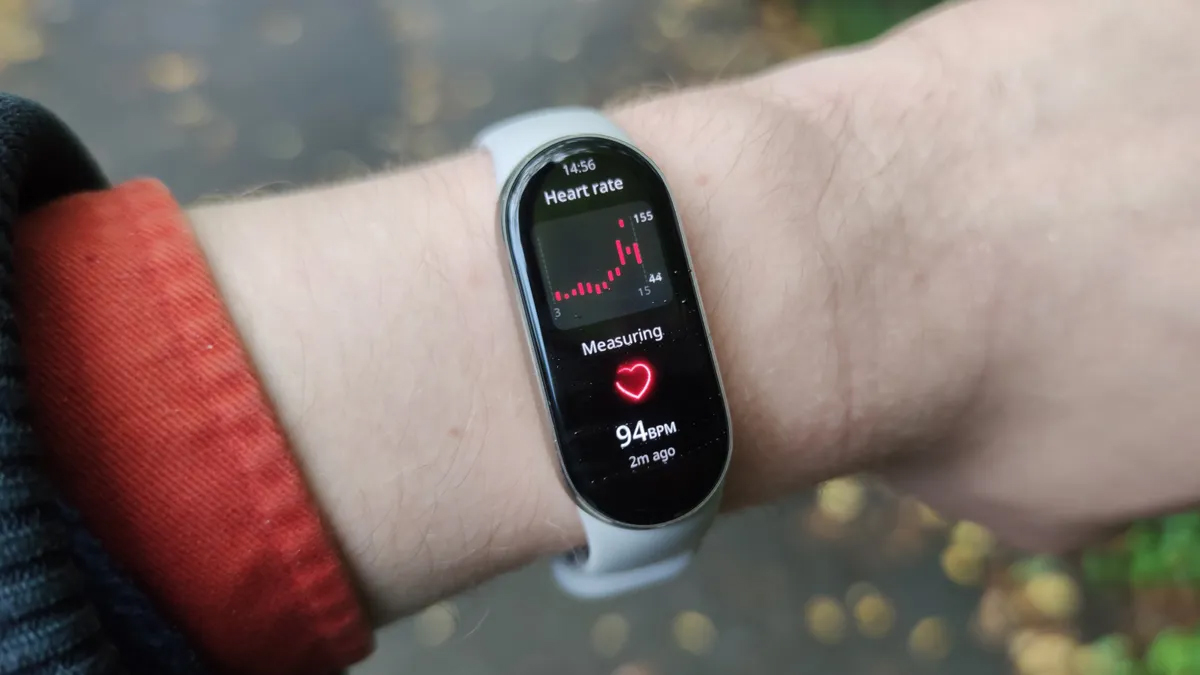- US Health Secretary Robert F. Kennedy Jr. says every American should own a wearable
- The plan could bring major benefits, but also comes with risks
- We don’t have much information about what the plan entails
The best smartwatches and other fitness wearables offer huge potential when it comes to helping us manage and improve our health – and now US Health and Human Services (HHS) Secretary Robert F. Kennedy Jr. has said he’d like to see every American wearing some form of health or fitness device.
“My vision is that every American is wearing a wearable within four years,” he said at a congressional hearing last week. To that end, his department will soon begin one of “the biggest campaigns in HHS history” that it says will help Americans “take control over their own health.”
Right now, the plan is short on specifics. We don’t know, for example, if it will involve the government promoting the benefits of wearables, federal bodies partnering with or subsidizing existing devices, or even the release of a Trump-branded health tracker (akin to the recent Trump Phone). A major campaign to promote the use of wearables, however, seems likely.
During the congressional hearing, Kennedy Jr. – who’s helped to inspire the ‚Make America Healthy Again‘, or MAHA, movement, said that while blood glucose monitors can cost $100 to $300 a month, his agency is “exploring ways of making sure that those costs can be paid for.”
He also suggested that an $80 wearable might be a better solution to the weight-loss drug Ozempic – which can cost over $1,000 a month – for controlling diabetes and weight.
More info is needed

On the surface, a campaign promoting the use of health wearables sounds like a good idea. These devices are tuned to nudge you towards healthier habits, such as exercising regularly and understanding your sleep patterns.
But questions are likely to be raised over Kennedy Jr.’s role in this, given his past promotion of some medical practices that are considered dubious by experts, and his skepticism over some vaccines.
Wearables also come with potential issues, regardless of who’s promoting them. Your medical data is some of the most sensitive information about you, and if it were to be stolen, sold to advertisers without your knowledge, or otherwise fall into the wrong hands, it could have serious implications for you. That makes it a juicy target for hackers and identity thieves.
It’s also worth adding that wearables are not a cure-all solution. While they can provide important health information, including, for example, warnings about irregular heart rhythm, they can also fuel health anxiety and lead to unsafe self-medication.
Ultimately, they’re only one piece of the puzzle, and should be accompanied by other healthy actions and habits, as well as input from health professionals.
It sounds like a worthy endeavor, and one that could both improve American’s health and save billions of dollars on healthcare costs over the long term – but right now we have more questions about RFK Jr.’s wearables plan than we do answers.


